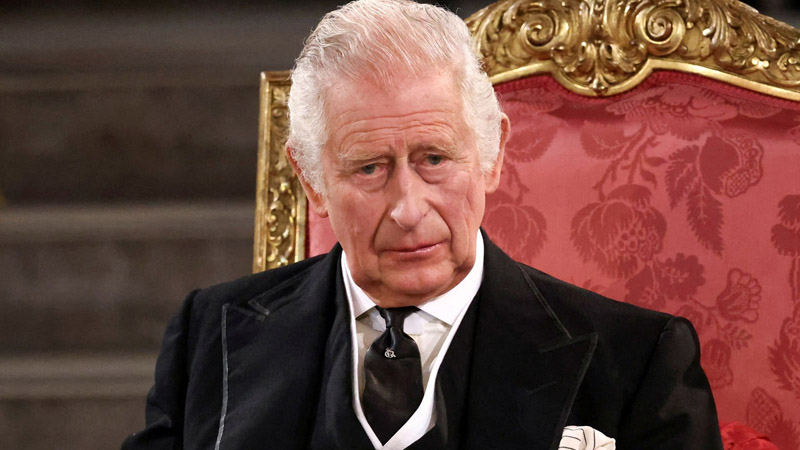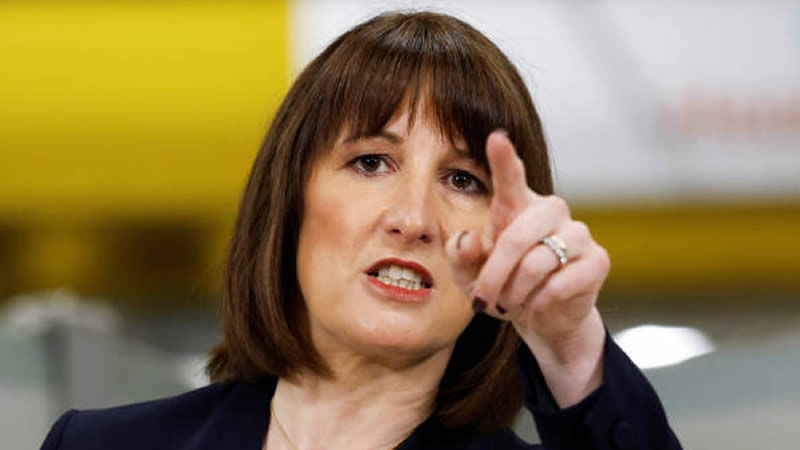
In a move that’s being hailed as a potential game-changer in the ongoing migrant crisis, France has finally agreed to take serious steps to stop so-called “taxi boats” before they even leave for the UK. Sources from within the French interior ministry told The Telegraph that, under new proposals, French patrols will begin targeting boats within 300 metres of the beach to prevent them from setting off across the Channel packed with migrants.
The breakthrough comes ahead of the upcoming Franco-British summit on 8 July, when President Emmanuel Macron is set to make a state visit to London. The timing is no coincidence. Both sides have been under growing pressure to tackle the spiralling number of small boat crossings, and this new approach could mark a real shift in how France handles the situation at its coastline.
As part of the plan, six new French patrol boats will be deployed. While these vessels will still be used to rescue migrants at risk of drowning, they will now also be authorised to intercept boats suspected of being used to ferry people to the UK illegally — something that, until now, hasn’t been happening, according to GB News.
A source from the French interior ministry explained the shift, saying: “We are aware of the high stakes involved in interventions at sea and of the need to adapt our doctrine of action.”
“Today, our intervention can only take place to rescue a boat already at sea, in particular because of the criminal liability issues associated with any interception carried out for any other reason,” the source said.
What France is proposing now, though, is to move those operations closer to shore — into the shallows where many of the boats launch from in the early hours. By intervening within 300 metres of the coast, they hope to cut things off at the source, while still staying within international law.
“We would like to change this framework so that we can operate in shallow waters, up to 300 metres from the coast, and thus intercept ‘taxi boats’, while respecting the principles of the United Nations Convention on the Law of the Sea, known as the Montego Bay Convention,” the source added.
That law, set by the UN, outlines what countries can and can’t do in coastal waters, so this plan has been crafted to ensure France isn’t accused of stepping outside the rules.
While some will say this action is long overdue, it’s at least a sign that France is listening to UK concerns and willing to get tougher. For British officials, this could be a major talking point when Macron meets UK leaders next month — a signal that the two countries may finally be moving towards a more coordinated and effective strategy.
For now, though, many will be watching closely to see whether this pledge actually leads to fewer crossings — or if it’s just another headline that doesn’t translate into real change on the ground.
Don’t Miss These:
- King Charles Issues Rare Personal Statement After Austria School Tragedy
- Asylum Hotel Era Over Rachel Reeves Confirms Deportation Strategy
- Kate Garraway Opens Up About Life After Losing Derek Draper
- ‘Don’t Burn Out’: King Charles Gives Prince William Permission to Slow Down
- “Too Far!” Loose Women Slammed After Dark Discussion Leaves Fans Outraged










